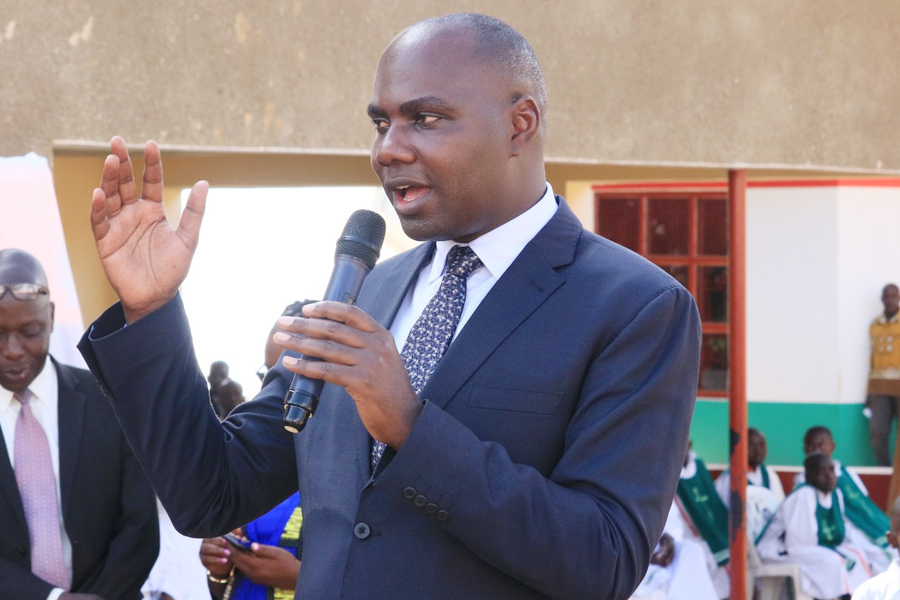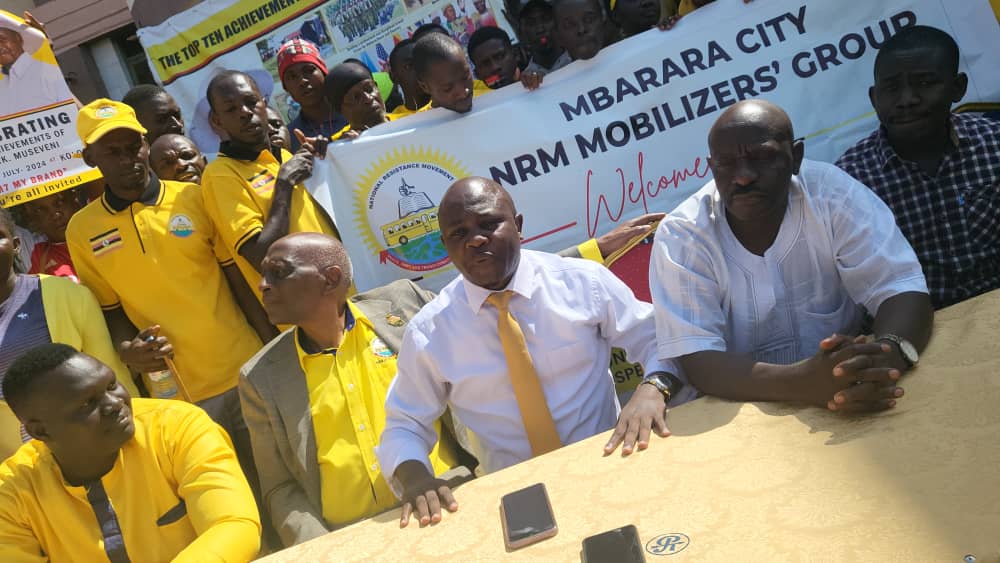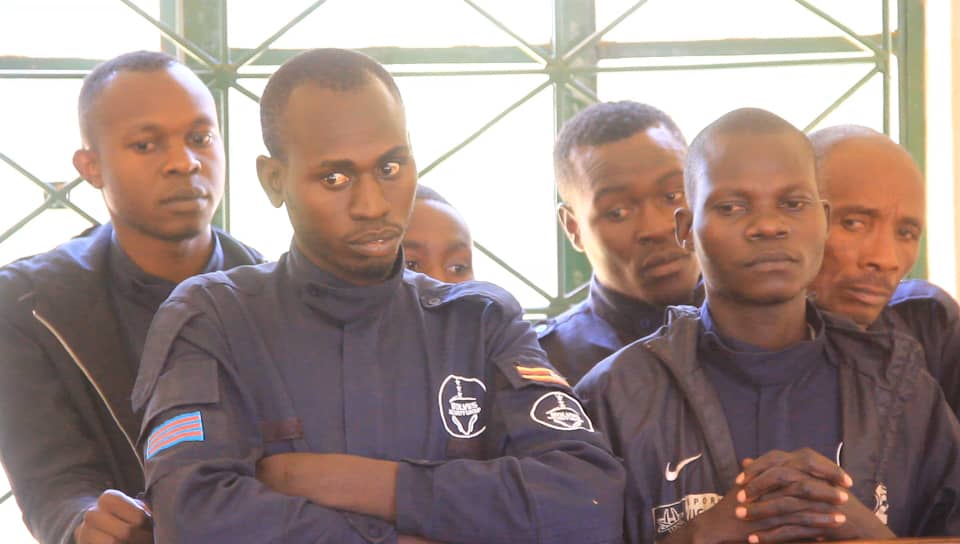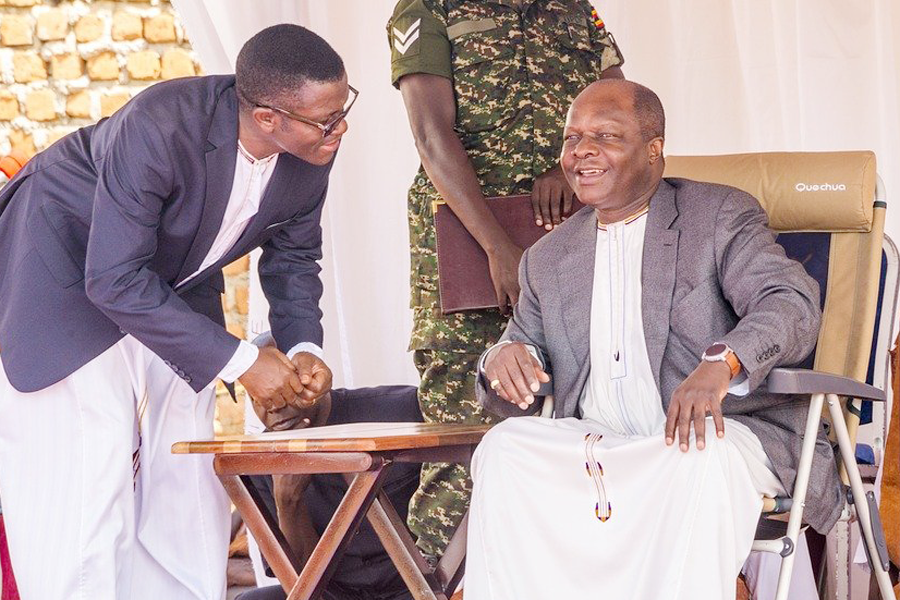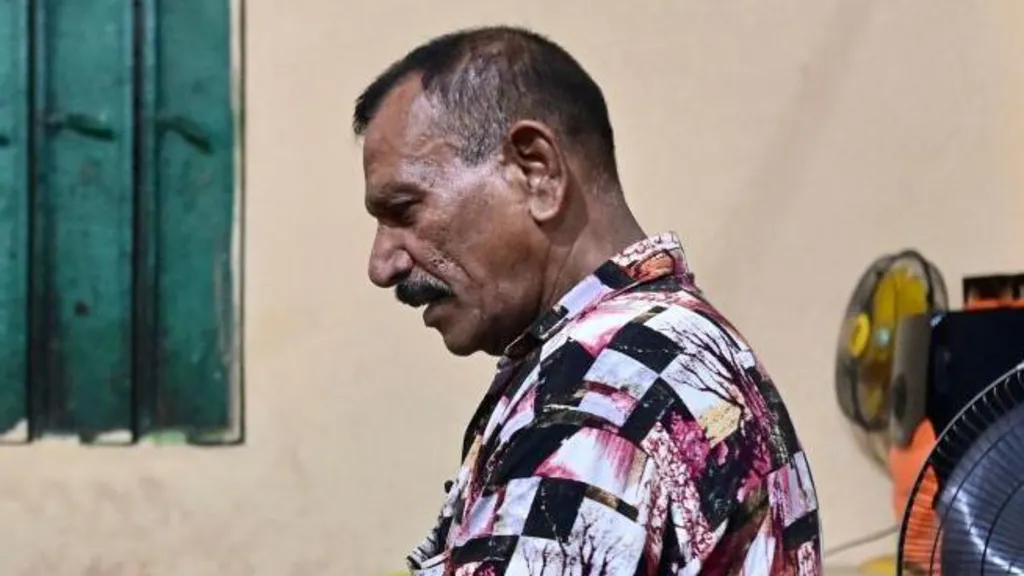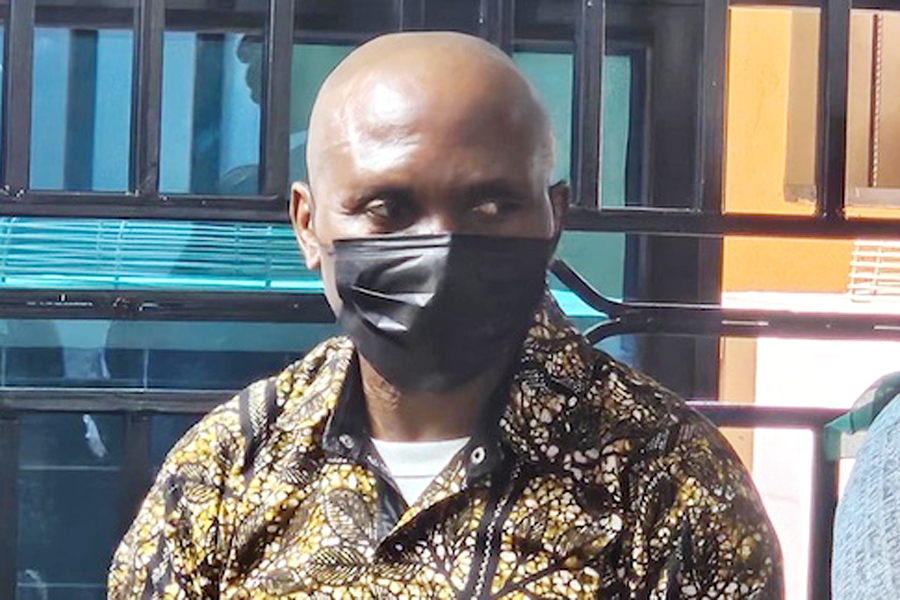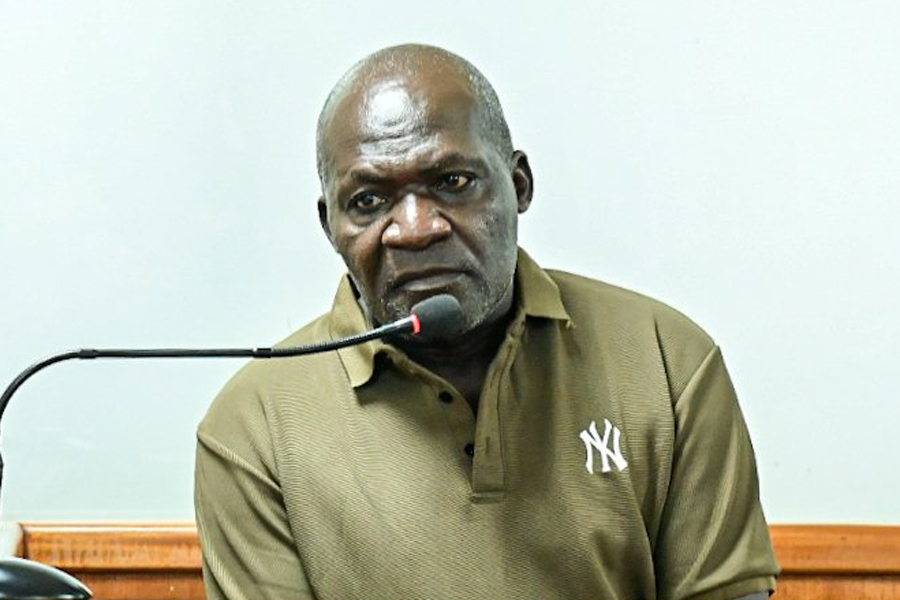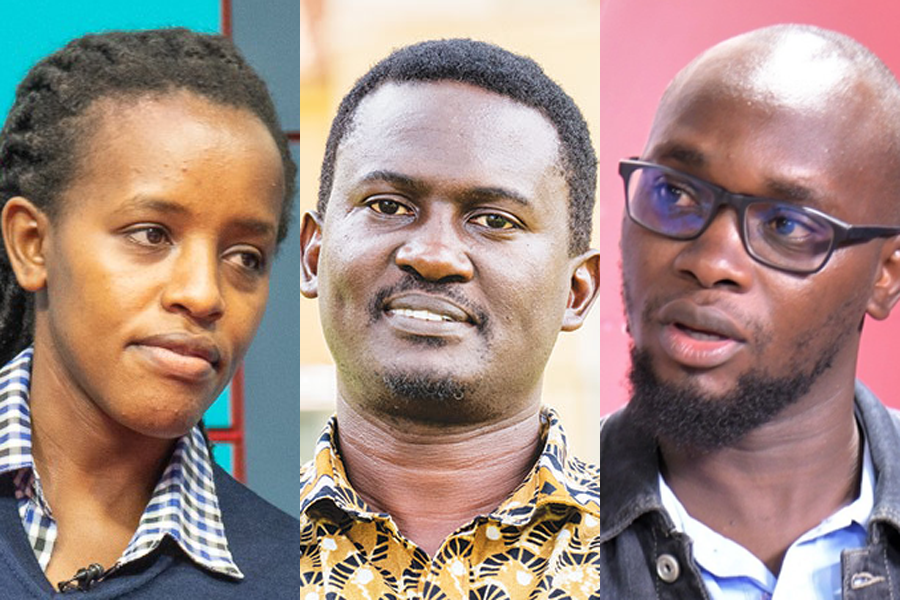Law society asks Makerere to respect academic freedom
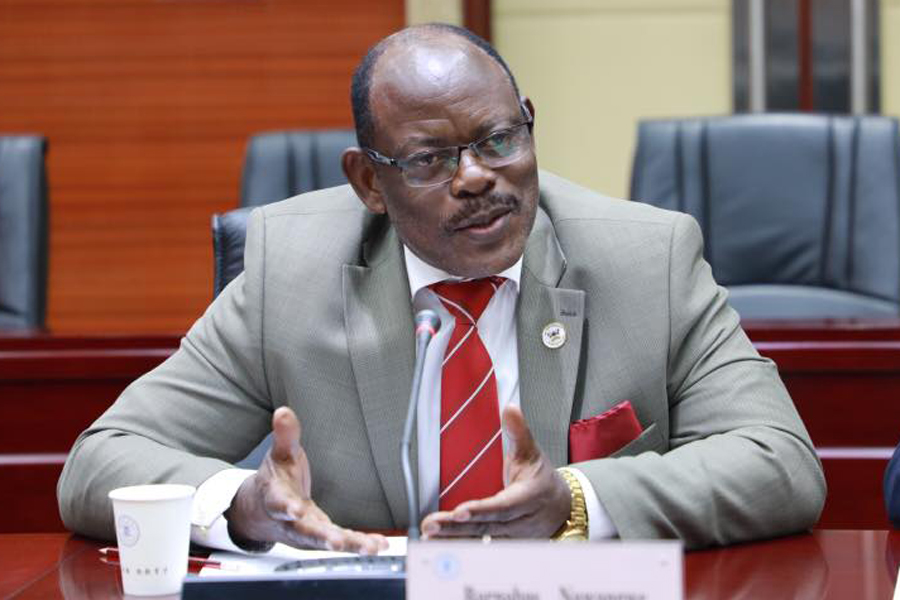
The Uganda Law Society (ULS) has expressed concern over a letter from Makerere University vice chancellor Barnabas Nawangwe, which seeks to investigate a law exam question related to recent political events.
In a statement issued by ULS President, Bernard Oundo, it was emphasised that academic freedom is a fundamental right protected by international treaties and enshrined in Ugandan law, including Article 29(1)(b) of the Constitution.
"As an organisation dedicated to promoting human rights, upholding the rule of law, and providing legal assistance to the public and government in matters related to law and legislation in Uganda, the ULS finds it necessary to comment on and address the concerns surrounding this issue," stated Oundo.
He further highlighted that academic freedom encompasses essential principles such as freedom of opinion, expression, association, and assembly.
Oundo cited various court rulings, including the case of David Kitara Lagoro v Gulu University (HCMC No. 10 of 2017), which established that academic freedom entails the freedom of teachers and students to teach, study, and pursue knowledge without unwarranted interference.
"Academic freedom ensures the unrestricted pursuit of knowledge and the ability of both teachers and students to express themselves without undue influence or restrictions imposed by laws, institutional regulations, or external pressures," explained Oundo.
Regarding the specific exam question in question, Oundo clarified that it involved hypothetical scenarios designed to promote critical thinking and the application of acquired knowledge to real-life situations within the boundaries of academic freedom and learning.
"While recognising the existence of limitations on most human rights and freedoms, the ULS firmly believes that the exam in question, as well as similar ones, fall within the scope of academic freedom and learning. These exams aim to encourage students to go beyond theoretical knowledge and apply their understanding to current real-life contexts," stated Oundo.
He pointed out that such exam questions are not unprecedented, evident from previous examinations in the field of law and related subjects.
"The intimidation implied by the university authorities poses a direct threat to academic freedom and has no place within our educational institutions, particularly those of higher learning," asserted Oundo.
ULS called upon all individuals and authorities to respect academic freedom and, more broadly, the right to freedom of thought, conscience, and belief guaranteed under the Constitution.
Oundo assured that the ULS will closely monitor the situation to ensure that due process of law is followed and the rights of individuals are protected.
Prof Nawangwe had ordered an investigation into the conduct of exams for First Year law students during the second semester.
Dr Ronald Naluwairo, the acting principal of the School of Law, acknowledged receiving concerns but defended the administration of the examination, which pertained to the course unit L1210 - Principles of Constitutional Law II - and was conducted on May 11.
In response to the controversy, Speaker of Parliament Anita Among urged Makerere University to uphold the students' right to learn and emphasized the importance of respecting the ideals of a free society by avoiding censorship of exam content.
Among, in a statement on X platform, affirmed that freedom of thought, conscience, and belief, which includes academic freedom in educational institutions, is inviolable.
"In this free society, freedom of expression, including academic freedom protected by Article 29(1)(b), must be guaranteed and treated as sacred," she affirmed.
Among acknowledged reports of disciplinary actions against lecturers at Makerere University School of Law in relation to an exam question that referenced her and a parliamentary session. She emphasised that Parliament welcomes public scrutiny, which she believes is essential for a robust and representative legislature.
The controversial exam in question challenged First Year students in the School of Law with current affairs using a satirical essay that depicted Speaker Anita Among confronting recent sanctions imposed by the UK government.
The satirical essay listed clauses from a fictional bill, including a ban on unfavorable comments about the Speaker of Parliament and empowering the speaker to recommend individuals for prosecution to the Director of Public Prosecutions (DPP).
Encouraging students to provide concise and well-thought-out answers, the examiner further parodied the speaker's exchange with the Leader of the Opposition, who had raised concerns about the draconian bill.



